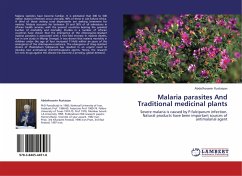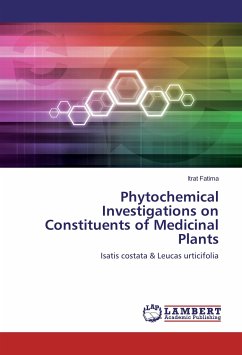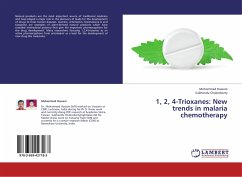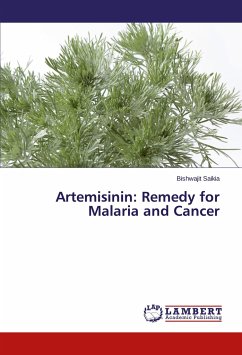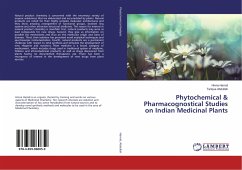Malaria statistics have become familiar. It is estimated that 300 to 500 million malaria infections occur annually, 90% of these in sub-Sahara Africa. A third of those visiting rural dispensaries are seeking treatment for malaria. Malaria accounts for between 20 and 50% of all admissions in African health services, with the poorest countries bearing the greatest burden of morbidity and mortality. Studies in a number of African countries have shown that the emergence of the chloroquine-resistant malaria parasites is associated with a two-fold increase in malaria deaths, but in one study in Mlomp Senegal, it was shown that malaria mortality in children under the age of four increased 11-fold within six years of the emergence of the chloroquine-resistance. The emergence of drug-resistant strains of Plasmodium falciparum has resulted in an urgent need to develop new antimalarial chemotherapeutic agents. Hence, the research for new drugs against this disease has become a pressing, global demand.
Bitte wählen Sie Ihr Anliegen aus.
Rechnungen
Retourenschein anfordern
Bestellstatus
Storno

